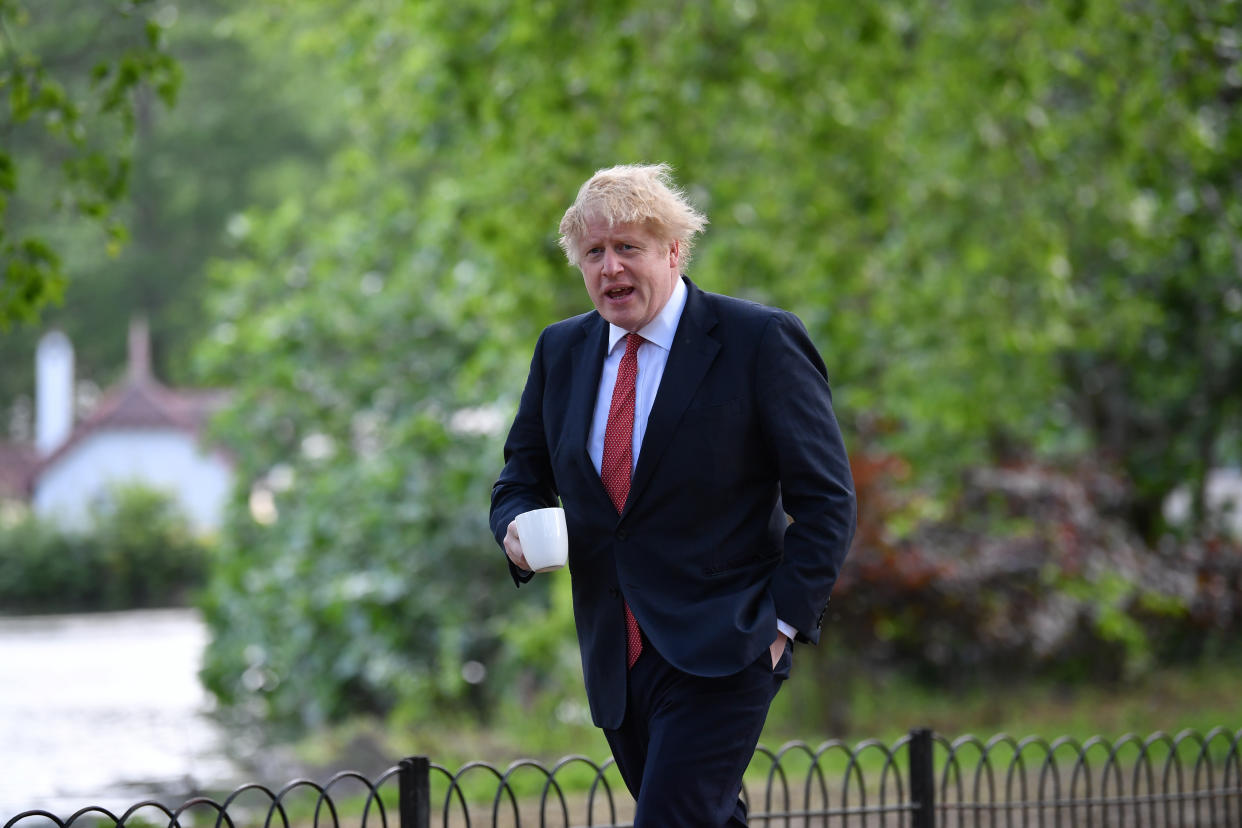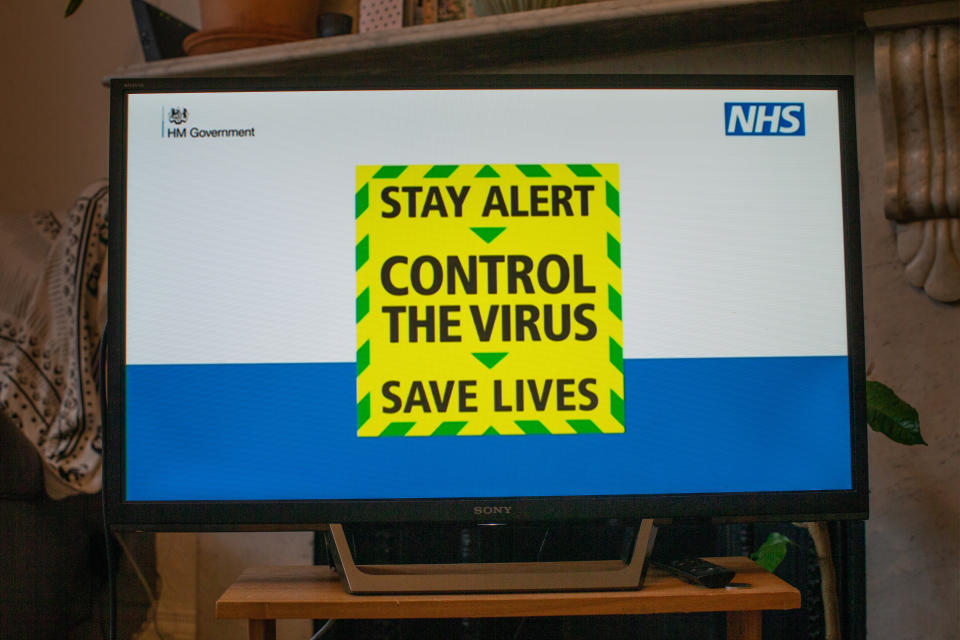Boris Johnson's lockdown plans will cause coronavirus to return early, former WHO chief warns

Boris Johnson’s plans to lift the coronavirus lockdown “will not ensure the suppression of the epidemic”, a former director at the World Health Organization (WHO) has warned.
Professor Anthony Costello, a member of the independent Scientific Advisory Group for Emergencies (SAGE) committee, accused the government of repeating its early mistakes in dealing with the virus.
The independent SAGE was set up to rival the government’s official SAGE committee and is made up of a group of scientists who have been highly critical of the government’s response to the crisis.
In a stark warning, Prof Costello warned the prime minister's plans would lead to the COVID-19 epidemic returning early to the UK, increase the number of cases and mean further preventable deaths .

In a series of social media posts on Monday, Prof Costello revealed that an independent SAGE report presented to the government on Tuesday would argue that the prime minister’s lockdown-easing plans are “misguided and over-centralised”.
“The WHO ask that ‘governments refocus the whole of government on suppression and containing COVID-19’,” he tweeted.
“There is no refocus or commitment except to manage the spread. This is 'herd immunity' and 'take it on the chin'.”
Latest coronavirus news, updates and advice
Live: Follow all the latest updates from the UK and around the world
Fact-checker: The number of COVID-19 cases in your local area
6 charts and maps that explain how coronavirus is spreading
Prof Costello – who was director of maternal, newborn, child and adolescent health at the WHO – said the report had found that the government’s “find, test and trace” programme is not yet sufficient to control the virus.
“In short, the government plans will lead to the epidemic returning early, cases rising, further preventable deaths, and no guarantee that herd immunity will ever occur,” he added.
“This is compounding the disastrous policy of March 12.”

Prof Costello has previously been highly critical of the government’s response to coronavirus, writing in The Guardian last month that the UK government was ignoring WHO advice on dealing with the outbreak.
“The basic principles of public health, and the daily mantra of the WHO – to find the virus, test, trace and isolate, to promote social distancing, and to do it all at speed – appear to have been effectively disregarded,” he said.
The UK’s death toll passed 40,000 on Tuesday, following new figures on care home deaths released by the Office for National Statistics (ONS).
It comes as the WHO condemned the "dangerous" concept of herd immunity on Tuesday.
Herd immunity is an epidemiological term usually reserved to describe how the population as a whole is protected from a disease depending on the levels of people vaccinated.
Dr Mike Ryan, executive director of the WHO's health emergencies programme, told a press briefing in Geneva: "Humans are not herds, and, as such, the concept of herd immunity is generally reserved for calculating how many people will need to be vaccinated and the population in order to generate that effect.
"This is a serious disease, this is public enemy number one, we have been saying it over and over and over and over again."
He said "no one is safe until everyone is safe", adding: "So I do think this idea that 'maybe countries who had lax measures and haven't done anything will all of a sudden magically reach some herd immunity, and so what if we lose a few old people along the way?'
“This is a really dangerous, dangerous calculation.”
Coronavirus: what happened today?
Click here to sign up to the latest news, advice and information with our daily Catch-up newsletter

 Yahoo News
Yahoo News 

